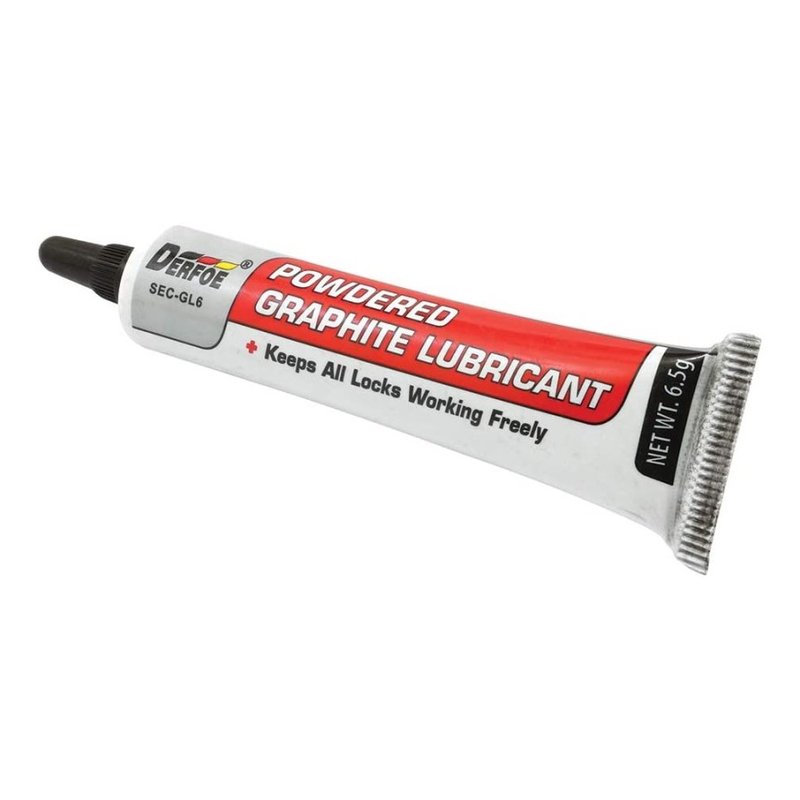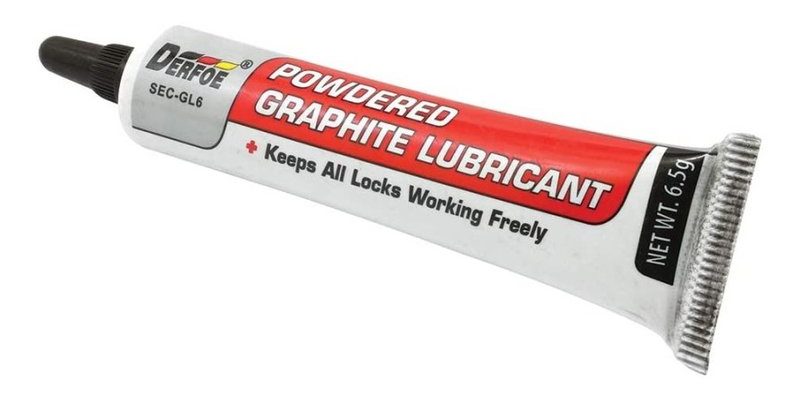
Imagine your hinges as the joints in your body. Just like how our joints need proper care and lubrication to move smoothly, hinges require the right type of lubricant to function efficiently. Whether you’re fixing up the closet door or installing a new gate, understanding what lubricants work best for these hinges will keep everything running like new. Let’s dive into the top lubricants that can help you take care of your ball bearing hinges without that pesky residue.
Why Lubrication Matters for Ball Bearing Hinges
Keeping ball bearing hinges properly lubricated is essential. Over time, dirt and grime can build up, leading to wear and tear. This is where a good lubricant can save the day. A well-lubricated hinge moves smoothly without straining. It can also extend the life of the hinges and make for an overall better user experience.
You might be wondering, what happens when I ignore lubrication? Well, that’s when you start to notice those irritating squeaks and creaks. They can also become stiff, making it hard to open or close doors. In more severe cases, rusty or unkempt hinges can lead to complete failure, which might mean replacing them entirely. To avoid these issues, finding a suitable lubricant is key.
Characteristics of a Good Lubricant
Not all lubricants are created equal. When selecting the best lubricant for ball bearing hinges, you want to look for specific characteristics. Here’s what to keep in mind:
- Non-sticky formula: A good lubricant should provide smooth movement without leaving behind any gooey residue.
- Durability: It should last for a long time, even in varying temperatures and conditions.
- Resistance to dirt: The best lubricants repel dirt and grime, ensuring that your hinges stay clean.
- Ease of application: Look for a lubricant that is easy to apply, whether it’s a spray, gel, or liquid.
These characteristics ensure that your ball bearing hinges remain functional and hassle-free. In the end, you want a solution that keeps them working smoothly, regardless of how many times you open and close them.
Top Lubricants for Ball Bearing Hinges
Let’s get into the specifics of the best lubricants for your ball bearing hinges. Each of these options excels in avoiding sticky residues while providing optimal performance. Here are a few standouts worth considering:
1. Lithium Grease
Lithium grease is a popular choice for many applications, including ball bearing hinges. This thick, white substance can provide long-lasting lubrication without leaving behind a sticky residue. It’s great for high-pressure areas and can handle temperature fluctuations, making it an excellent option for both indoor and outdoor hinges.
2. Silicone Spray
Silicone spray is another fantastic option. It’s lightweight, easy to apply, and dries quickly without leaving a greasy film. This makes it perfect for delicate hinges where you don’t want any excess product. Plus, it repels moisture, which helps to prevent rust and corrosion over time.
3. PTFE (Teflon) Lubricant
PTFE lubricants, commonly known as Teflon lubricants, are also highly effective. They create a low-friction layer that prevents wear and tear while keeping the hinges free from dirt and debris. The best part? They dry clear and leave no residue behind, making them a favorite among many DIY enthusiasts.
4. Multi-Purpose Oil
Multi-purpose oils can be effective for ball bearing hinges, especially if they are made from high-quality formulas. These oils often include additives that help reduce friction and protect against rust. While they might not be as long-lasting as grease, they can be a quick fix for a noisy hinge.
5. Graphite Powder
If you want a lubricant that’s completely dry, graphite powder is an interesting option. It’s great for hinges exposed to extreme conditions, as it doesn’t attract dirt like liquid lubricants. However, it requires careful application to avoid making a mess, and it might not provide the same smooth operation as liquid options.
How to Apply Lubricant to Ball Bearing Hinges
Applying lubricant properly is just as important as choosing the right one. Here’s a simple step-by-step guide to help you get it right:
- Clean the Hinges: Start by wiping down the hinges with a clean cloth. Remove any dust, dirt, or old lubricant residue. This will help the new lubricant adhere properly.
- Apply the Lubricant: Depending on your choice, use the spray, gel, or liquid to apply a small amount directly onto the ball bearing hinge. Be careful not to overdo it.
- Move the Hinge: Open and close the door or cabinet a few times. This action will help the lubricant spread evenly and coat the bearings effectively.
- Wipe Away Excess: After a few motions, wipe away any excess lubricant that may have dripped. This will ensure you don’t attract dirt and grime later.
Following these steps will help ensure your hinges stay in good shape and operate smoothly.
Common Mistakes to Avoid When Lubricating Hinges
Even with the best intentions, mistakes can happen when lubricating ball bearing hinges. Here are some common pitfalls to avoid:
- Over-applying: Less is often more. Too much lubricant can attract dirt and grime, leading to a sticky situation.
- Skipping Cleaning: Failing to clean the hinges before application can hinder the lubricant’s effectiveness.
- Using the Wrong Product: Always choose a lubricant specifically designed for ball bearing hinges to avoid damaging them.
- Ignoring Regular Maintenance: Regularly checking and lubricating your hinges can prevent wear and extend their lifespan.
By steering clear of these traps, you’ll keep your ball bearing hinges in top-notch condition with smooth operation.
Final Thoughts
Choosing the right lubricant for your ball bearing hinges can greatly influence how smoothly they function. Whether you opt for lithium grease, silicone spray, or another effective option, the key is to apply it correctly and regularly. Remember, a little maintenance goes a long way in preventing annoying squeaks and ensuring longevity.
So the next time you reach for that can of lubricant, think about how it can be the simple solution to better functioning doors and cabinets. Keep those hinges happy, and they’ll reward you with silent, smooth operation for years to come!
